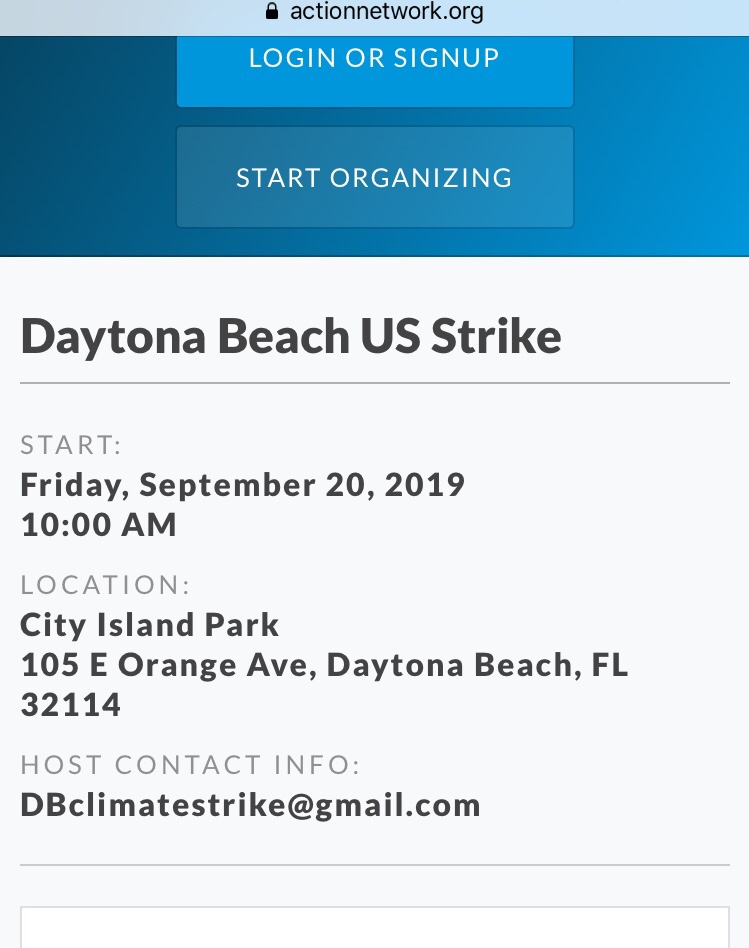Does your town, city, county or other local government have a sustainability action plan?
Turns out my home county does, though I didn’t know it til recently, when I was researching the sustainability offices and action plans of other cities and regions. The Sustainability Action Plan for Volusia County (Florida, USA) was published in 2012.
I’m only about a fifth of the way through the 84-page report, but I have read enough to know the goals sound good (reduce driving miles, promote local food, and that sort of thing). What I don’t know is how serious we are about making it happen.
Looking around me, I see a lot of car-dependent housing developments and car-centered commercial developments (the latest new project is a giant gas station that will have 120 pumps!) over what used to be forest and wetland.
And I see destructive landscaping practices which all too often seem to show no regard for native flora and fauna. (Personally, I think no one should be allowed to make a penny doing landscaping until they get at least basic knowledge of the native plants of the region where they are working.)
The destruction of our lush wetlands pains me. We could’ve had a vast nature park along I-95, and that would be visitors’ first glimpse of Daytona Beach. Campgrounds (including “glamping” parks), rustic rental cabins, canoe and kayak rentals, camera safari guide shops, fishing expedition outfits, Old Florida-themed boutique hotels. All of it built to complement and blend in with the natural surroundings rather than stick out garishly. Instead, what visitors driving on I95 see when they get to Daytona Beach is a string of giant car dealerships (brightly lit 24-7), and “factory outlet” type shops. And soon, a mega petroleum tabernacle with 120 gas pumps. It’s a harsh reality, what we humans have chosen.
But I believe in focusing on what can be done, not in crying over spilt milk. Otherwise I would not be able to get out of bed in the morning. So I will be looking into how I might be able to help my region meet its stated sustainability goals.
My next steps are to finish reading the report and to make contact with my county sustainability office. (I have tried calling a couple of times but got a voicemail recording and did not leave a message.)
Eye-opening statistics I’ve learned from the report, about our community’s carbon emissions: Transportation and electricity together account for almost 86 percent of the total! Transportation is 38.8% (of which on-road accounts for 34.6%); electricity 46.9%. Good to know; I tend to see large percentages like this as a sign of low-hanging fruit. The next-highest category, at a very distant third place, is wastewater at 10.5%.
Your homework assignment, if you choose to accept it, is to 1) find out if your local government has a sustainability action plan; 2) read it; and 3) connect with the people in charge of implementing it.
Enjoy, and let me know what you find out! I will keep you posted on my efforts.

